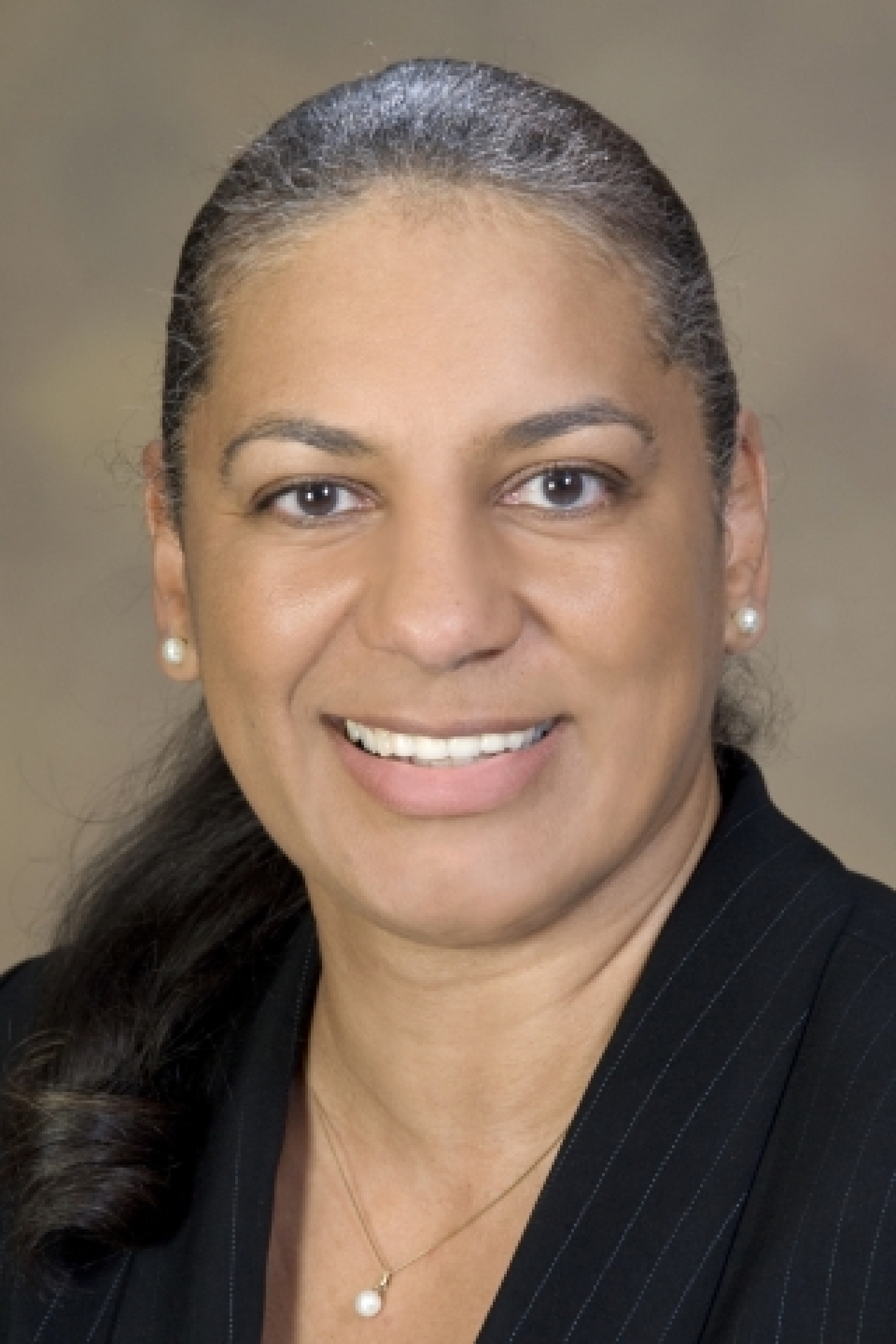
“Do the residents and faculty learn this too?” This was a question a third-year medical student asked last month during my lecture on racial disparities in mental health. Our discussion had centered on implicit bias and personally mediated racism. We had just started to talk about ways in which clinicians contribute to, but can also reduce, bias in their interactions with patients. The question of course is a relevant one, as there is no dispute that racial treatment disparities exist, and yes, we all continue to contribute to it.
I would like to think that regardless of our own demographic profile, those of us who work with patients and their mental health needs are somehow more open, more aware of the impact people’s experiences with the world can have in shaping their lives, and therefore more willing to consider how our own “stuff” can get in the way of helping those who come to us seeking relief. But my experiences with my own blind spots, as well as observing, teaching, and clinically supervising others over multiple decades, continues to confirm that merely being in the helping professions and trying to be a generally good person does not automatically translate into greater awareness. At minimum, we have an ethical obligation to assess our own biases, our assumptions about those who are “other,” and the impact this has on how effectively we perform in our roles as helpers.
Bias lives in all of us and it plays out in our personal and professional lives in many ways. As researchers, we may be aware of the arduous task of recruiting a diverse subject pool, recognizing that generalizing results to the larger population when your subjects do not reflect the community is more than just a pitfall of doing human research.
What are you going to do about it?
As clinicians, claiming color-blindness in your patient interactions is not something to boast about but rather highlights your inability to see how dismissive that can be to your patients’ experiences.
What are you going to do about it?
As educators, neglecting to train your students to be aware of the impact social determinants of health and mental health have on the patients they treat leaves them unable to impact this destructive cycle.
What are you going to do about it?
As a program administrator, lamenting the lack of a diverse applicant pool and looking to your human resources department to change that reality, certainly will not result in a more diverse work force.
What are you going to do about it?
As a systems administrator, requiring participation in diversity trainings without a willingness to review and adjust structurally racist aspects of your organization, will continue to thwart a diverse, equitable and inclusive work environment.
What are you going to do about it?
Recently, our department competed for and won the College of Medicine-Tucson (COM-T) Diversity, Equity, & Inclusion Departmental Achievement Award. This was noteworthy not only because it was the first time that COM-T offered this specific recognition, explicitly demonstrating the shift toward greater accountability, but also because it gave our faculty, staff, and trainees an opportunity to celebrate our significant accomplishments to date. But of course, we are not done. This taking stock also offered clarity about how much is still ahead of us as we strive to live out our stated commitment to very deliberately choosing to be anti-racist and being compelled to take actions to end racial inequities in our daily lives and the lives of our patients, students, and colleagues. We very publicly have resolved to ensure our behaviors as healers, educators, and administrators meet these ideals.
This past year and a half has brought about many changes in the ways we interact with others, in particular with our patients. Additional areas of disparities have come to the fore, challenging us to further examine how we provide effective services, including ways to address new access to care issues.
In my current role, I have the tremendous opportunity to keep these realities front and center, to not allow those who I can reach with my words claim they didn’t know. I am acutely aware that as a Black woman in an academic medical center and as a psychologist in a department of psychiatrists, those who are not interested or want to dismiss the message will do so with impunity. It is however my sincere belief that movement, even incremental, leads to change. The voices that are willing to both ask the questions and consider their own part in maintaining the status quo are gaining momentum.
No matter how tired, stressed, or frustrated we are, disparaging comments about a patient’s commitment to treatment, communication skills, or worthiness of our time and effort, have no place in our practice. We must strive to lead by example, always, leaving no room for questions about our willingness to reflect on our contribution to disparate treatment of some in our society. We must commit to be open to such introspection, certainly in our chosen profession but ideally also within other parts of our lives.
So, let us give some hope to that medical student. The question was a real one, one that reflects that we owe our future physicians clarity about our roles in leading change, both by our words and actions.
I would challenge you to ask yourself this (simple) question:
What are you going to do about it?

